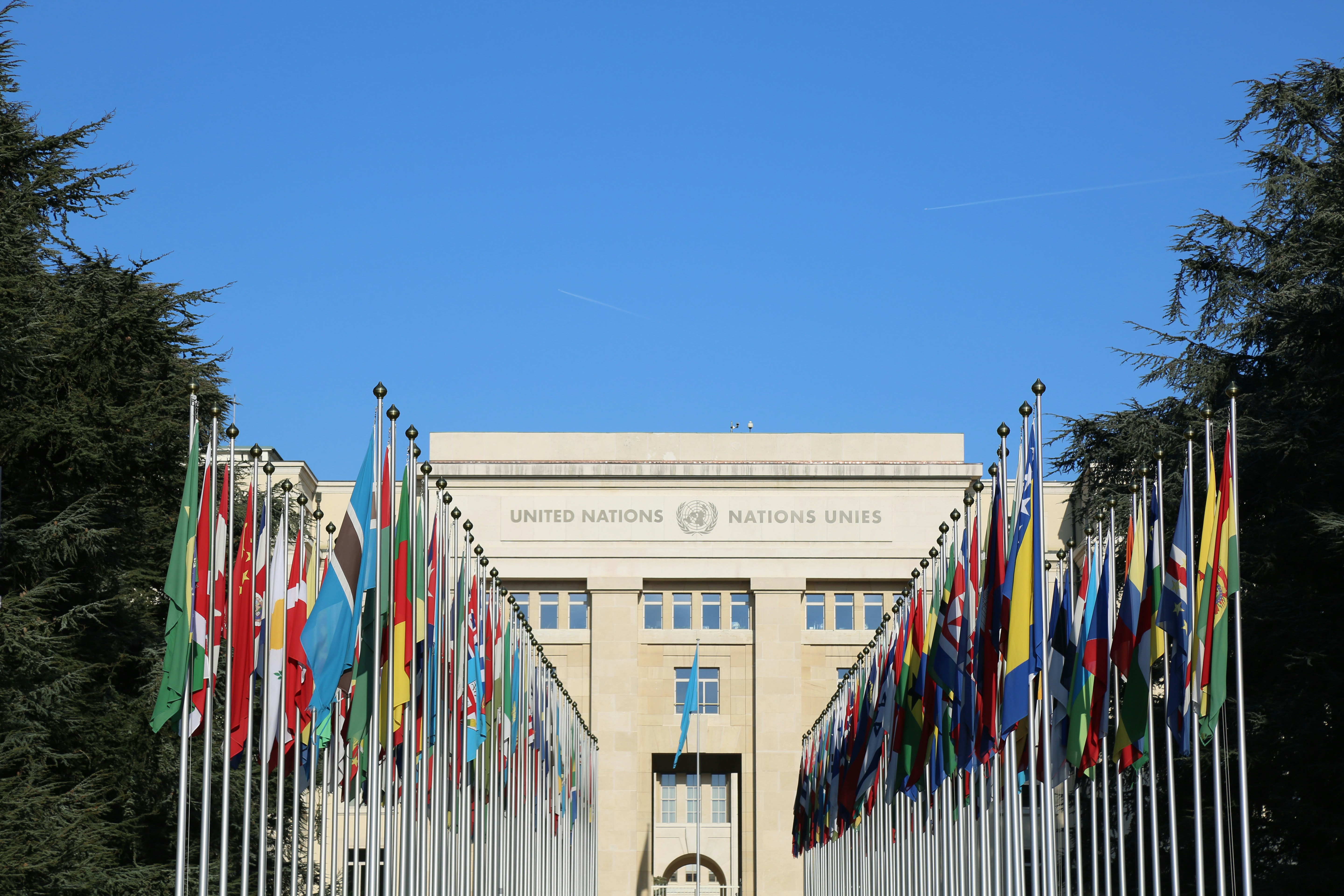[WORLD] The International Trade Centre (ITC), a United Nations trade agency, has raised alarms over the potentially devastating effects of recent tariff policies on developing nations. Executive Director Pamela Coke-Hamilton warned that the escalating trade tensions between the U.S. and China could lead to a 3-7% decline in global trade and a reduction in global GDP by up to 0.7%. Developing economies, she noted, are particularly vulnerable, with potential bilateral trade between the U.S. and China plummeting by 80%, triggering widespread ripple effects. Coke-Hamilton emphasized that the economic consequences of these tariffs might surpass the damage caused by reductions in foreign aid, threatening recent development gains in poorer nations.
In response to these concerns, Rebeca Grynspan, head of the UN trade and development agency (UNCTAD), has called for the poorest countries to be exempted from new U.S. tariffs. Grynspan highlighted that the 44 Least Developed Countries contribute less than 2% to the U.S. trade deficit, suggesting that imposing tariffs on them would be counterproductive and exacerbate their existing debt crises. She appealed for rational decisions to reduce uncertainty, which currently hampers investment and economic stability in these nations.
The impact of tariffs extends beyond economic metrics, affecting employment and industry stability in developing countries. For instance, Lesotho faced a crippling 50% tariff on its apparel exports to the U.S., threatening over 12,000 jobs in its garment industry. Similarly, Madagascar, the world's leading vanilla producer, confronted a 47% tariff, prompting urgent efforts to ship products to the U.S. before the 90-day suspension period ends. South Africa's citrus industry, supporting 35,000 jobs, benefited from reduced tariffs but remains concerned about the erosion of favorable trade terms under the African Growth and Opportunity Act (AGOA), set to expire in September.
Beyond the immediate economic impacts, the current tariff policies risk undermining global alliances and trade partnerships. President Donald Trump's aggressive tariff stance has strained relationships with key U.S. allies, potentially opening avenues for China to expand its global influence. While the U.S. faces criticism for isolating itself, China positions itself as a stable, open market, engaging actively with entities like the EU, ASEAN, Japan, and South Korea to redefine trade dynamics in its favor. This shift could have long-term implications for global economic leadership and cooperation.
In light of these developments, experts emphasize the importance of maintaining low tariffs on green technologies in developing countries. Keeping tariffs low on products such as solar photovoltaic cells, wind turbines, and electric vehicle batteries is crucial for fostering an open trade environment. This approach accelerates access to vital green technologies, drives innovation, and significantly contributes to global efforts to combat climate change, aligning with sustainable development goals.
Furthermore, a UN report highlights that non-tariff measures (NTMs) now impose trade costs more than double those of tariffs. While NTMs can serve legitimate public policy objectives, such as protecting human health and the environment, they often require significant resources to navigate, particularly affecting small and medium-sized enterprises in developing countries. Ensuring that NTMs are designed and implemented effectively is essential to minimize trade costs and support the economies of developing nations.
The recent surge in tariffs poses multifaceted challenges for developing countries, impacting their economies, employment, and international relations. Addressing these challenges requires coordinated global efforts to reform trade policies, safeguard the interests of vulnerable nations, and promote sustainable economic practices that benefit all.










.jpeg&w=3840&q=75)




